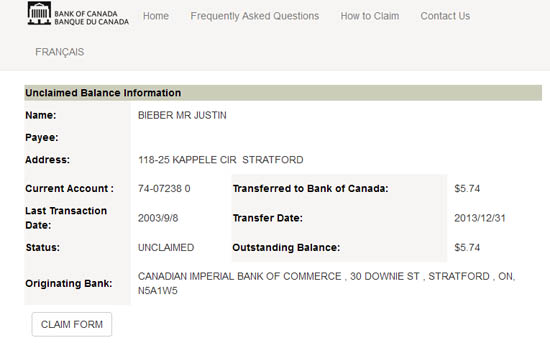Several of our nieces, nephews and other relatives are approaching that magic age—16—at which they can begin learning to drive legally in Ontario. Hearing the moans and groans of neighbouring parents about car insurance for young drivers, I decided to call TD Meloche Monnex and ask what rates they would charge for a new teenaged driver and when.
What’s the First Level of Driver’s Licence in Ontario?
Ontario uses a graduated licensing program. A new driver learning for the first time usually starts by writing a test on signs and road rules. If they pass with a high enough score they are granted a G1 license. With a G1, a student driver can learn to drive with a licensed, insured driver sitting beside them in the front passenger seat. There are a whole string of other conditions about what times of day they can drive, what roads they can drive on, what amount of alcohol they can have in their blood stream while driving (0!) and so on. Check the MTO website for the current rules and restrictions. They change.
Every driver should, of course, be insured. So I called Monnex to find out what their insurance rules are for new drivers who are the children of insured drivers.
What Does TD Meloche Monnex Charge for the Teenage Child with a G1 of an Insured Driver?
We have our car insurance with TD Meloche Monnex. They’ve been reasonable to deal with and they have a group discount rate for Professional Engineers in Ontario. (PEO members)
So I posed them the theoretical question of: If my child is 16 and passes the written test to get their G1, what do I have to do to insure my child?
I was surprised to learn I just have to phone Monnex and add the child’s name to our policy. There is no annual fee for us to have a child student driver added to our policy! No wonder some parents are not in a rush for their child to take their G2 road test.
What’s the Second Level of Driver’s Licence in Ontario?
After learning to drive, and after practicing for one year, a student driver can take the road test to upgrade their license to the second level. If they pass the test they will be granted a G2.
The student can take the G2 test a bit earlier if they take a Driver’s Education course approved by the Ministry of Transportation of Ontario.
I found it interesting that the government is actually listing driver’s education companies to avoid. They provide a list of “Unlicensed driving schools to avoid.”
What Does TD Meloche Monnex Charge for the Teenage Child with a G2 of an Insured Driver ?
We have our insurance with Monnex. We would want to add our child to our policy when they earn their G2.
Monnex wasn’t keen to quote me a rate yet, since this is years in advance. They did say the rate will depend on many factors. It could be around $1200/year for a driver in the GTA.
I mentioned that the driver would be one of three people in a household with only two licensed vehicles. In that case, the agent said the insurance will be more likely to be in the range of $400-800 per year.
Does TD Meloche Monnex Offer an Insurance Discount for G2 Drivers With Driver’s Education and for How Long?
I asked if our child took driver’s ed from, say, Young Drivers of Canada, would it affect the premium.
The agent said generally having drivers’ education from an approved school would reduce the insurance cost by about 5% a year.
The discount would apply for three years after the driver gets their G2 license.
What’s the Third Level of Driver’s Licence in Ontario?
Most drivers will take an “exit test” a year after getting their G2 license in Ontario. This is another more complicated road test. If they pass it, they are granted a full G class driver’s licence. That’s the usual licence us “old folks” have had for years.
What Happens to Our Child’s Car Insurance Rate Once They Get Their G1 License?
That was so far out in the future that the agent wouldn’t quote me a rate. I’ll have to write about that if and when any of our children grow up enough to get their licence so it will be a few years! If your own child has already reached this stage, please leave a comment with any info about insurance costs. I’m sure other readers will appreciate it!
For now, we have nothing to worry about. Our children aren’t old enough to be a menace on the highways, yet. When they are, however, it looks like we’ll have to add a few more thousand to our annual budget.
Related Reading
Join In
Do you have a young driver in your household? Has car insurance been reasonable or a killer? Please share your experiences with a comment.

